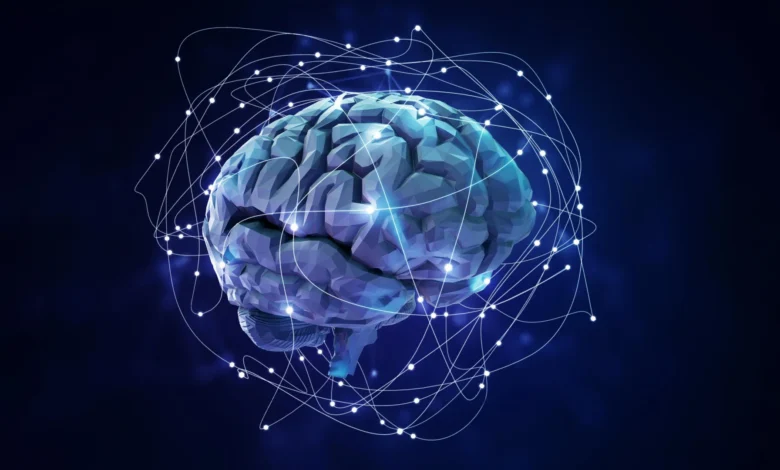This tiny brain molecule could hold the key to learning, memory—and Alzheimer’s treatment

Scientists have found how the primary protein helps keep robust bonds between mind cells which are decisive for studying and reminiscence.
The outcomes of the research, printed within the journal Science progressScientists have stated that the trail to new remedies for mind and illnesses, corresponding to Parkinson’s and Zeimer’s.
Their analysis, led by the brand new bronzowick on the College of Rutgers, has revealed an unknown function for CYPIN, a protein within the mind. The members of the analysis staff discovered that Cypin enhances the presence of indicators of particular proteins within the nerve clamps, that are small gaps during which mind cells proceed, referred to as neurons. Indicators assist make sure that the suitable proteins are in the correct place, permitting the strokes to work correctly.
The researchers stated that perception had deep results on treating mind issues.
“Our analysis signifies that creating remedies or remedies that focus particularly on Cypin protein could assist enhance bonds between mind cells, and improve reminiscence capabilities and considering capabilities,” stated Bonnie Firestein, a distinguished professor within the Division of Cell Biology and Neurology on the School of Arts and Sciences and the research writer. “These outcomes point out that CYPIN can be utilized to develop remedies for neurological and nervous illnesses, in addition to mind accidents.”
Firestein Cypin is learning for greater than twenty years. Her current works have revealed many essential points of how CYPIN work and why it will be significant for mind well being.
One of many decisive discoveries is that Cypin helps add a particular mark of proteins to the neurons that hyperlink neurons. This mark ensures the correctly making use of proteins and is ready to successfully ship alerts. The right indicators and the motion of proteins are needed for neurons to work correctly.
One other essential discovery is that CYPIN interacts with a bunch of proteins, referred to as the protehazom, is chargeable for destroying proteins. When Cypin is related to or bonded to brootazom, it slows down this collapse, which results in the buildup of proteins. This accumulation can positively have an effect on the assorted mobile features, that are essential to speak between neurons.
Firestein’s analysis additionally exhibits that when there may be extra Cypin, the degrees of essential proteins within the clamps improve. These proteins are vibrant to speak successfully between neurons, and to allow studying and reminiscence.
As well as, CYPIN will increase one other protein exercise referred to as Ube4A, which additionally helps within the means of indicators. This means that the impact of Cypin on interlocking proteins is partly resulting from its impact on Ube4A.
The work highlights the significance of CYPIN in sustaining a wholesome mind perform and its potential as a purpose for therapeutic interventions.
“Though this research is what we name” primary analysis “, it may be lastly utilized in sensible scientific environments. Abstract analysis is a kind of analysis that takes the discoveries which were carried out within the laboratory and turned them into remedies or sensible options to enhance human well being.
She stated that the essential function of CYPIN in mind inscriptions makes it intently associated to doable therapy of neurological degenerative illnesses and painful mind damage. For instance, a wholesome interlocking perform is usually disabled in illnesses corresponding to Alzheimer’s and Parkinson.
As well as, the function of protein in enhancing the interlocking plasticity – the power of the clamps to boost or weak over time – signifies that it may be used to assist face the tangled purposeful imbalance in neurological degenerative illnesses and mind accidents.
The research was partially supported by the Nationwide Institutes of Well being (NINDS), a coalition of mind accidents analysis, a charitable foundation for Dennis John Penino, who suffered from a mind an infection at highschool; The personal donor entities, Jamuna Rajasingham, and Diane Rajasingham.
Among the many different scientists from Rutgers, the research contributors, Kiran Madora, a professor within the Division of Pharmacy at Robert Wooden Johnson Medical School; Srenivasa Gando, Mihir Patel, Anna Rodriguez, former doctoral college students within the Division of Cell Biology and Neuroscience.
Jared Lamb and Irving Vega of Michigan State College additionally contributed to this analysis.
2025-07-12 08:18:00





